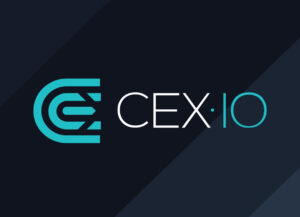Store all your coins in one single HD Wallet
If you own some crypto assets, you have been through the question of where to store your coins. You researched what could be the possibilities to be able to store most of your crypto in one place. You dreamed a solution existed. But you most definitively failed at that, because there’s always this one coin missing. So you get another wallet to store this new coin you just got in, and another one after that. And you finally end up with a fat collection of wallets, that you need to manage and backup. But what if you were told that there is a way to store all your coins in the same place, without any trade-off on the safety of your valuable assets?
HD Wallet, what’s that?
Before you stop reading here and go directly googling for a supposedly even better 4K Wallet: you’re mistaken; HD Wallet stands for Hierarchical Deterministic Wallet.
Its specifications are defined in the BIP standards, BIP32 and BIP44 primarily.
BIP stands for Bitcoin Improvement Proposals. These are the standards used in the crypto industry, and they are not necessarily specific to Bitcoin.
The idea behind this standardization is to be able to generate a practically infinite number of wallets and private addresses to store any coins that comply with the standards, which is most of all if not all. This is possible with really bad-ass powerful mathematics sorcery, one of its main ingredient being the CKD function (Child Key Derivation) which is able to produce a set of parent to child relationship for all the addresses you control, building a family tree of cryptocurrencies private addresses.
The beauty of it all is that it is absolutely not necessary for the next guy to understand specifically how it works, plus this is done without any trade-off with the safety of your coin.
Here’s an illustration of the key tree construction:
The benefit of an HD Wallet
You still here? Don’t worry, the worst is behind us now.
Anyway, although very exciting, how do we benefit from HD wallets?
Well, building a tree of private keys gives, in particular, the two tremendous benefits to the user:
- Only one backup necessary for all coins you might want to store; one key to rule ’em all
- The possibility to import an existing wallet to another using the mnemonic; migration of all your coins to another wallet
One key to rule ‘em all
We are very lucky to live in a time where crypto is arguably still in its infancy. New coins appear on the market every day and with them the necessity to store them. It’s not unusual to hold a couple of dozens of different coins, maybe even with different “accounts” per coins for different purposes.
These crypto habits come with the need to backup your wallets in a way that you could retrieve your funds in case of necessity. With a couple of dozen different wallets, the backup could be very tedious, and even probably not without loopholes… we’re humans after all…
Well, with the use of HD wallets, there is no need to write down each private address you own or store all the private keys in air-gapped storage for an eventual later recovery. All you need to do is backup the master seed and voilà!
Migration of all your coins to another wallet
Use case
An elephant just stumped on your Nano S, and the stupid animal (no, not the elephant) refuse to work?
Well, no worries, you can purchase another hardware wallet, and just feed it in with your master seed. Your coins will magically re-appear in the new device. Hey, you can even go for an upgrade with the X or even change for a Trezor!
You are tired of your KeepKey hardware, it doesn’t suit you anymore and you favor a hot wallet for convenience and easier use?
Well, you can directly input the 24-words master seed in your desktop / mobile wallet. Easy peasy, lemon squeezy! All your coins, seemingly transferred, immediately and without any fees, ready for whatever you’re up to!
In that particular case, you’ll understand that what was your cold storage (hardware wallet) is now a hot wallet (software wallet). Even if you delete the app from your phone or the wallet software from your desktop, your hardware wallet won’t be the unbreakable vault it was once, unless you regenerate another master seed. In that case, you’ll need to transfer your coins back to the new wallet generated by sending your coins each to their own address.
You’re eyeing a new multi-coin mobile wallet and want to ditch your current desktop wallet in its favor?
Well, you got it, just feed the master seed in the new piece of software and you’re on!
Eh, you now want to make use of your new hardware wallet that Aunt Anny got you for Xmas? So you input the seed from your mobile wallet directly from your brand new device?
Right, this technically will work too, but that’s a bad idea. Indeed, importing a master seed from a hot wallet to a cold storage solution (usually hardware wallet) wouldn’t make much sense as the master seed could have been compromised before the import. So yes, but no!
Limitations
- Import master seeds between different wallets work only if the standard used by both of the old and new wallets are the same. Usually, it would be BIP32, BIP39, and BIP44 for full compliance with the HD Wallets under the BIP standard.
- Some of the coins you initially stored in the initial wallet might be not supported by the new wallet. It doesn’t mean that your coins are lost, it means only that there are not accessible from the new wallet. You could try and access this particular address with another means.
Some popular HD Wallets
Hardware wallets: they are HD wallets. To name a few, Ledger’s Nano, SatoshiLabs’ Trezor or ShapeShift’s Keepkey can all generate multiple addresses for multiple coins. Yet, you are required to save only the master seed that will help you to recover all your coins stored in all the addresses your hardware wallet generated.
Software wallets: nowadays, the most popular ones (mobile and desktop) are usually HD wallets too. More often than not, those are multi-coin wallets. Coinomi, Atomic Wallet, Enjin Wallet, Trust Wallet are some of the most popular names in the industry.
On the contrary, single coin or specific wallets are in general not HD wallets. This is the case for TronLink, dedicated to the Tron ecosystem and presented in another blog entry.
Custodial wallets and Web wallets: they are probably not HD wallets but whatever the 3rd party is using… Use at your own risk!




